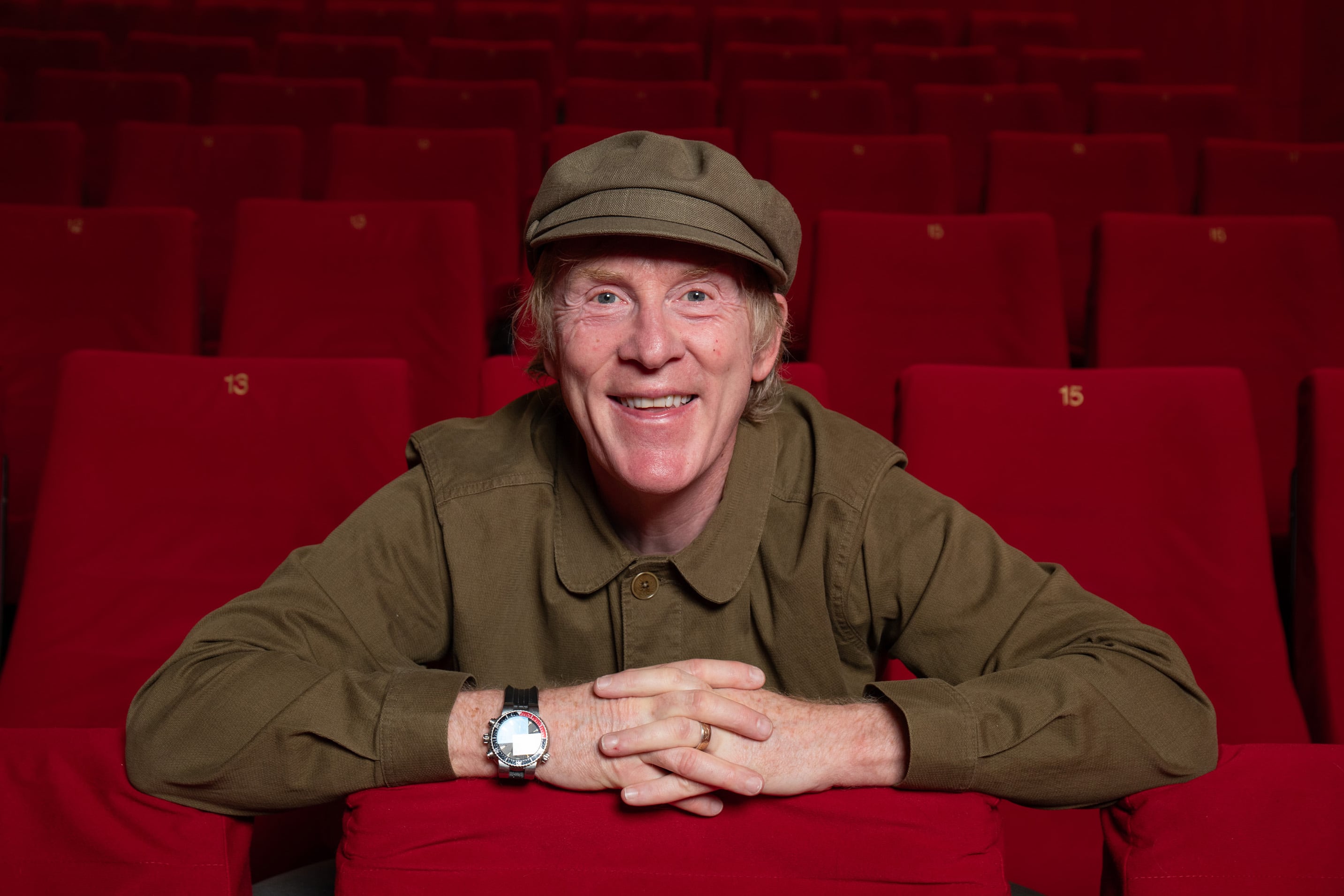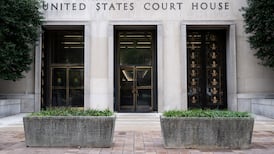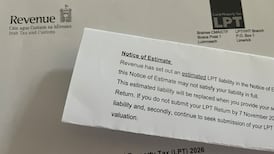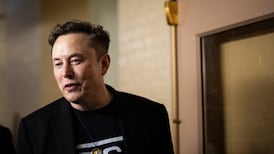The front page of the New York Post has been warning of the perils of Zohran Mamdani for weeks but in a happy irony, they discovered that the election of a socialist mayor can be good for business. On Wednesday, they came up with a moment of classic tabloid art, with Mamdani beneath the blazing headline: The Red Apple (On Your Marx, Get Set, Zo), raising aloft a red hammer and sickle. The edition was a sell-out and numerous reports had dedicated Mamdani voters running from street stall to bodega in the hope of securing a memorial edition.
In the days since the heady completion of his unlikely mayoral challenge, the titans of the city have been getting their heads around the likely realities of having a 34-year-old avowed socialist running a city whose lifeblood has been based on extremes: of wealth and poverty, beauty and ugliness, fun and excess and what Walt Whitman defined as “the all-swallowing of the great money whirlpool”.
If you walk out of the living museum that is Grand Central Station and look up at the sky, you are confronted with the dizzying sight of a building on 270 Park Avenue. At 60 storeys and 423 metres tall, the supertall skyscraper is the new headquarters of JP Morgan-Chase. It is, depending on your perspective, either an awesome addition to Manhattan’s architectural ambition or a foreboding monument to the grimness of financial working life. It opened in August and a few days later, I came across two young New Yorkers staring up at it in horror and muttering something about “10,000 people stuck in there every single day of their lives.”
Jamie Dimon, the long-serving CEO of JP Morgan-Chase, is a classic New York City success story: a Jackson Heights boy and the grandson of Greek immigrants who has long been the most easily recognised and outspoken of New York City’s traditional financial figureheads.
READ MORE
During Mamdani’s dizzying, unstoppable ascent from obscurity to a mayoral campaign that has made global headlines, Dimon remarked, with no animosity, that he believed the candidate to be “Marxist”. Mamdani was clear about what his election would mean for millionaires and billionaires: a tax hike of at least 2 per cent.
Billionaires poured millions of dollars into Andrew Cuomo’s doomed campaign in the hope of mounting a late challenge to Mamdani. The fears, broadcast repeatedly by the Post and other conservative outlets, that thousands of the wealthy “elite” would “flee” to New York State, thereby reducing the city’s tax take, intensified in the hours since Tuesday night. But in an interview on CNN on Wednesday night Dimon was, significantly, one of the first to acknowledge the fact that Mamdani was in office, and the office is significant.
“So first off, people have left New York City,” he said. “You see hedge funds and certain banks and [Citadel CEO] Ken Griffin. And I think it’s a bad idea. You want to have a very competitive city. The important thing for me is policies that actually work. Do you make crime better? Do you make the schools better? Do you make health better? I have seen a lot of mayors and governors say things like that and they fail to do it. Because their policies may not be so bad but the implementation stinks.
“So, to me it’s: get this stuff right. Learn. He’s a young man. Will he get good at it? I see a lot of people in big jobs, including political jobs – they grow into it. They are learning, trusting people. They are figuring out. And I see a lot of people who are kind of swallowed in the job. They get worse. It all becomes about them or something like that. I’m hoping he’s the good one. And it will be important for the future of New York.”

The wilder predictions suggest that up to one million residents would “consider” leaving New York because of Mamdani’s election. But that exodus had begun long before Mamdani became a household name. A June 2024 report by the non-partisan Fiscal Policy Institute found that affordability was the key factor among the decision to leave by some 121,000 people who decamped to other states.
Housing was a key issue, particularly for people with young families. Ninety per cent of the state’s population loss emanated from New York City, with black New Yorkers leaving at a rate 50 per cent higher than that of white New Yorkers.
When Mamdani conceived an election campaign based on fixing a broken civic model for New Yorkers, he tapped into a massive reserve fund of frustration and despair and a desperation for change. The groundswell of enthusiasm among the elusive 18- to 30-year-old voters became the oxygen of Mamdani’s campaign. He looked fresh and irresistible and made the establishment political machine appear jaded and bereft of ... everything. It means that New York’s financial elite must now get their heads around a city figurehead who has declared that he dislikes the very concept of capitalism.
“Bad policies cause outcomes,” Dimon said on CNN when asked about that.
“... And I think we have a problem. I think we have not lifted up the bottom 20 per cent of society. Because their schools aren’t working. Their income didn’t go up enough – I would double their income tax credit. Crime is worse in those neighbourhoods. So while they are being lectured to by other people, they are the ones going to crime-ridden neighbourhoods. Their schools don’t teach them job skills.
“Yeah, we need to fix those things. Those things in my opinion, they are not Democrat. They are not Republican. They are not flaws of capitalism, they are not flaws of socialism. They are bad policy, badly executed. So anyone who wants to fix those things, I’m all in.”
As Mamdani sets about selecting his transition team ahead of his inauguration in January, the words are conciliatory. Implementing the promises of rent control and free bus transport, guaranteed child care and city-owned grocery stores would represent a landmark political and civic achievement. If he succeeds, some future New York City landmark will carry his name.
But he has to convince the financial and business class that he is something more than a charismatic novice who, in the striking description of conservative commentator Scott Jennings, “turned himself into a hood ornament for the poor and downtrodden. He’s a rich kid who’s a great actor”.
Proving that wrong will be among Mamdani’s challenges over his next four years as mayor. His vaulting success has suddenly thrust the New Yorker into the spotlight as a kind of symbol of and spokesperson for the more fearless, socially motivated left wing of the Democratic Party. In the days after his victory, opinion-makers bet heavily that Trump would secretly relish the fact of a “communist” in Gracie Mansion.
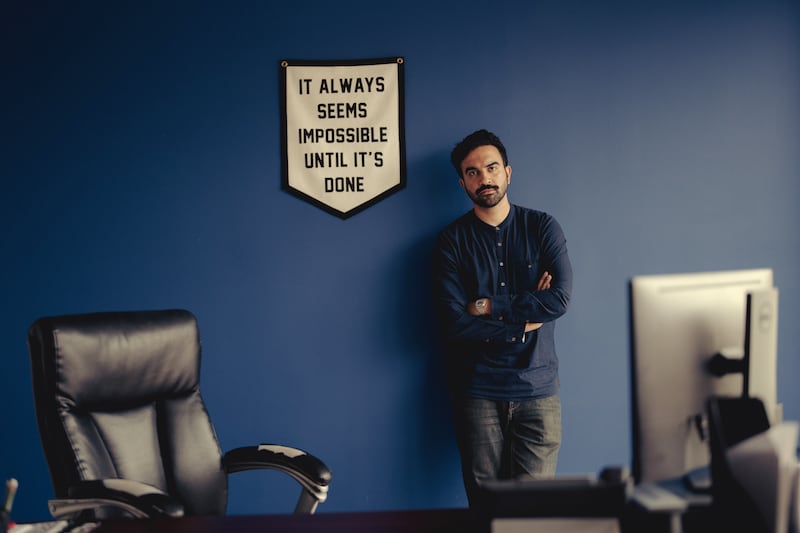
But Trump has a grudging respect for winning, and White House insiders have begun to let it slip that privately the president has acknowledged Mamdani’s skill and political instinct. And in the past few days, the president has been conspicuously moderate in his remarks about the new star of New York’s political scene, resisting the temptation to respond to Mamdani’s baiting election-night remarks.
“I’m still torn because I would like to see the new mayor do well – because I love New York. For a thousand years, communism has not worked. I tend to doubt it’s going to work. It’s a very dangerous statement for him to make. I would say he has to be a little bit respectful to Washington. Because if he’s not, he doesn’t have a chance of succeeding. And I want to make him succeed. I want to make the city succeed. I love New York. I grew up in New York, I did well in New York. And I hope New York does well.”
On that much at least, Donald Trump and Zohran Mamdani can find common ground. For now.





